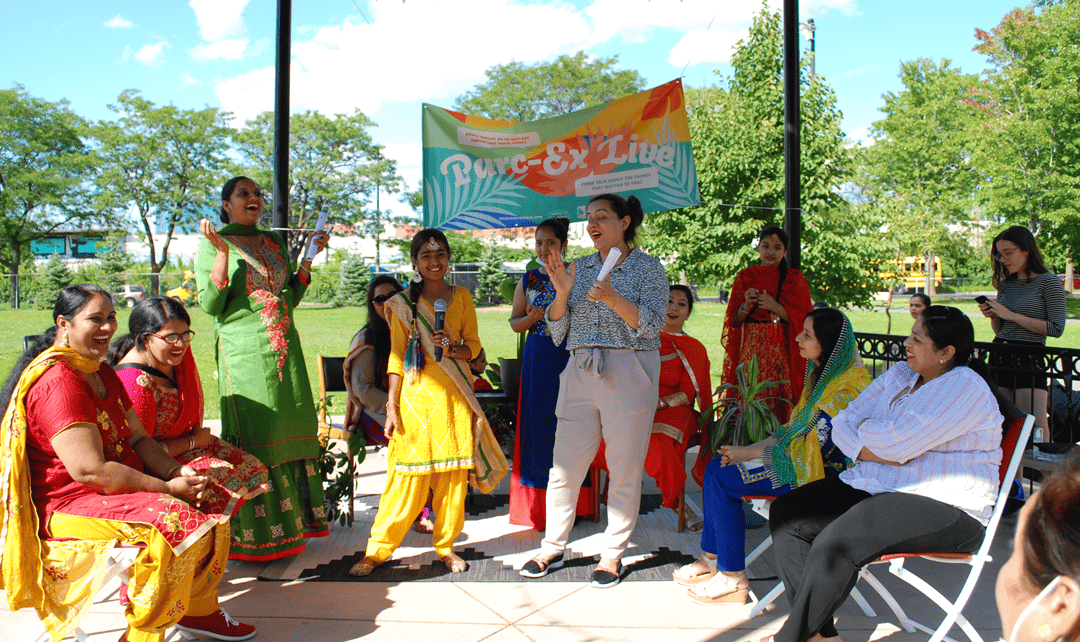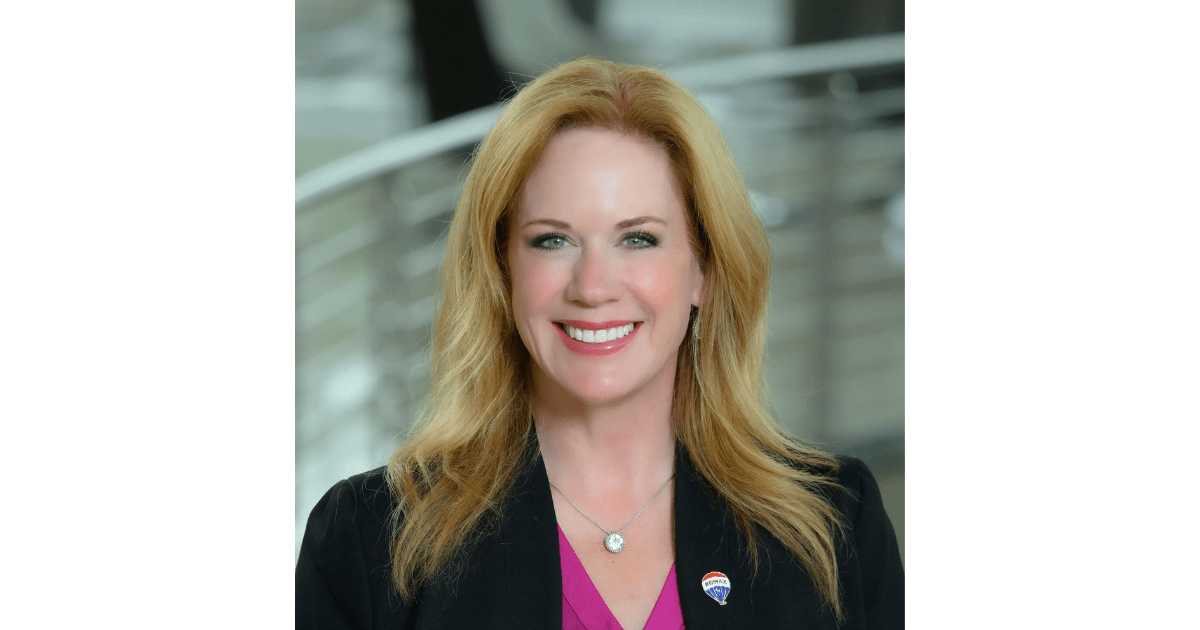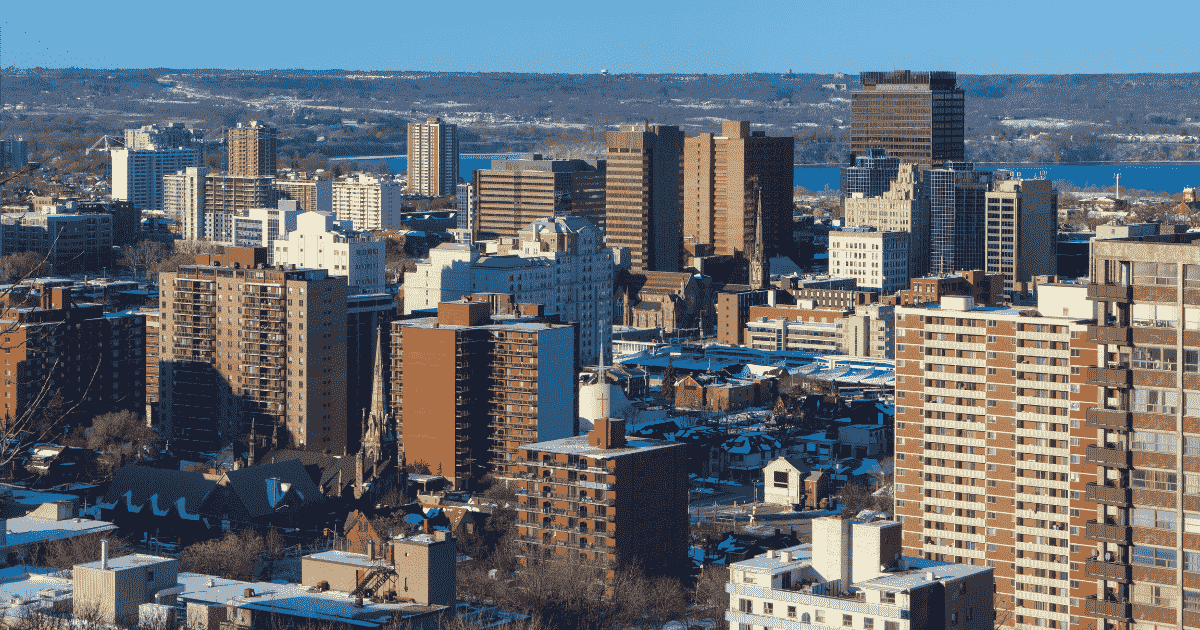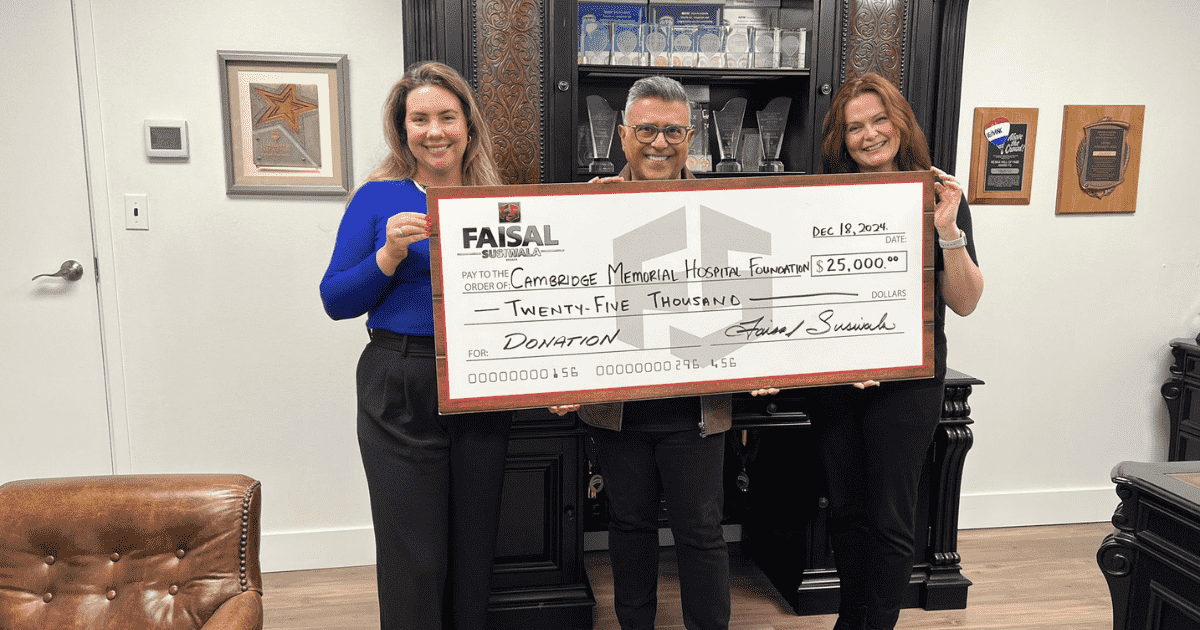Faiz Abhuani, a broker with Royal LePage Heritage in Montreal, has worked in the community sector for years and is putting that experience and a love for real estate to work to affect positive social change.

Faiz Abhuani
His brainchild, Brique par brique, is a non-profit organization that works with grassroots community organizations to develop housing for low-income tenants. It was formed in 2016, after Abhuani reached out to friends from college about his dream of providing community housing. (He says community housing projects are powerful tools for social change because they are managed by and for residents.) Many thought it was a good idea, and he suggested they invest.
In 2018, Brique par brique issued community bonds to help finance its first project – 30 one, two and three-bedroom units on a 12,000-square-foot lot in culturally diverse Parc-Extension in the northeast part of downtown Montreal. A former paint factory will be demolished this year and the new housing will be completed by 2023, he says.
Development plans include spacious well-maintained apartments, wheelchair accessible units, green spaces, a playground, a community garden, a food bank, childcare support, multilingual translation service (Greek, Urdu, Hindi, Creole, French and English) and access to municipal recreational facilities.
Abhuani says, “We partner with women’s groups, who get the community excited about a project, tenants rights groups who do advocacy and we do long-term infrastructure for social change.”
The organization says its mission is to “help people from all walks of life find a way to feel at home. We provide real estate expertise to homeowners in the greater Montreal area and we develop community housing for low-income tenants who face discrimination in the rental market. Brique par brique gives everyone a chance at having a place to call home, in creative communities that do their part to change things for the better.”
Abhuani says the journey hasn’t been easy and had he known how hard it would be, he might not have started. “I didn’t have any real estate or business background but I was dedicated to make a positive change.”
However he soon burned out and didn’t know if, despite wanting to build sustainable housing, he could put another project together. But he says his “colleagues from a sister organization in Toronto, the Parkdale Community Land Trust, suggested I become a licensed broker in order to offer paid services that would subsidize my community work.”
So six months ago he got his real estate license.
“I wanted to bring people together in an inclusive development project and just fell in love with real estate. That’s when I decided to get my license and help everyone improve their living situation. Now I help homeowners and use proceeds from my work as a broker to support my local community in meeting its housing needs,” he says.
Housing is the most high-impact way to help and give confidence to people. No one should be left out, he says.
“As a developer, we do only social housing. As a broker, I work with a variety of people. As a broker, you have power. Use that power for good,” says Abhuani, who was born in Montreal and grew up in every borough. He graduated from McGill, “wanting to change the world, only to realize that changes start from within me and my communities.
He says, “Nothing has a stronger impact on poverty than housing. If people have decent affordable housing and can live in a community where they feel most supported (religious, sexual orientation or services for disabled) they can get training and get the jobs they need and get involved rather than be dependant.”
In addition to the development, his organization delivers masks and food baskets and facilitates workshops for immigrant women and others who need to integrate into Quebec society, he says. “It’s fun.”
Abhuani says central neighbourhoods in Montreal have been undergoing a change since 2005, with property values increasing. Consumers have a negative impact on other people – they buy in a booming area and make it less affordable for tenants. Government programs to set up housing in neighbourhoods face challenges when the price of land increases so much.
“There’s a problem around financing. We’re going to solve that problem by offering community bonds.”
The project was sold as an impact investment product, something that has been increasing in popularity in the last decade.
Brique par brique’s timing was good. “Shortly after we began, a progressive city hall came into power and promised 12,000 new housing units….and made a concerted effort to find solutions. They did it at a time when the market was effervescent. As a broker I know how difficult that is.”
Abhuani was prospecting, with many potential leads but the organization couldn’t afford the Parc-Extension site. They didn’t know that the city was shopping in the same area.
“A tenants rights group had been lobbying for the city to act in the neighbourhood and they bought the paint factory site. They had no plan for what to do. They sold it to us at a loss. Now we could afford it,” he says.
For other real estate professionals who are inspired to make a difference, Abhuani invites them to contact him on Facebook. He says he’s more than willing to help.
Connie Adair is a contributing writer for REM.












